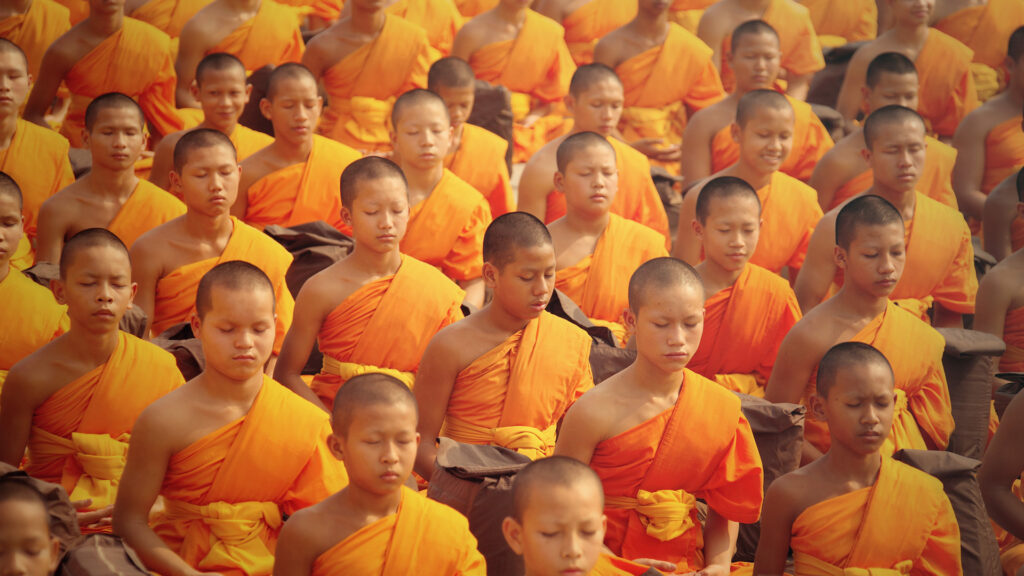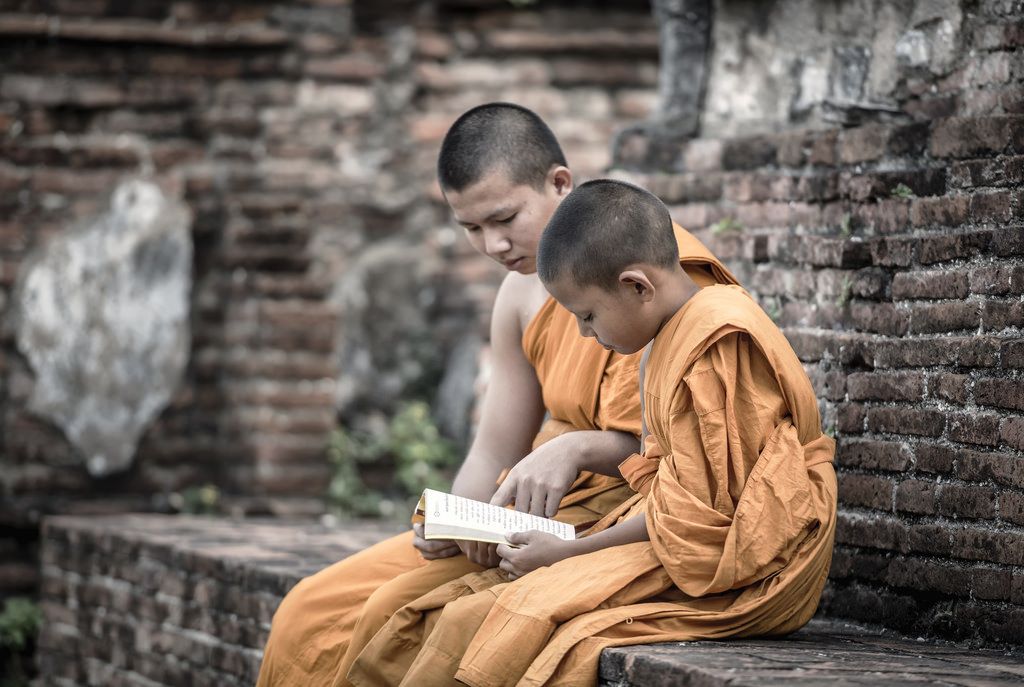Thailand is known for its rich cultural heritage, and Buddhism plays a significant role in shaping the nation’s traditions and way of life. Monks are a central part of Thai society, embodying the teachings of Buddha and serving as spiritual leaders. For visitors to Thailand, understanding the role of monks and how to engage with them respectfully can offer a deeper connection to the culture. Here’s a simple guide to help you appreciate the role of monks in Thai society.

1. Spiritual Leaders and Teachers
Monks in Thailand dedicate their lives to studying and practicing the teachings of Buddha. They often serve as teachers, guiding both the lay community and other monks in Buddhist practices. Many Thai people seek advice, blessings, or guidance from monks, and they are highly respected as spiritual figures.
2. Daily Life and Routines
Monks lead a simple, disciplined life. Their daily routine typically starts early in the morning with meditation and alms collection. In Thailand, you’ll often see monks walking barefoot through the streets, carrying bowls to collect food offerings from the community. This act of almsgiving is an important practice, where the laypeople support monks, and in return, receive blessings.
3. Monks and Temples
Monks live in temples, which serve as centers of community life in Thailand. Visitors to temples should remember that these are sacred spaces, and it’s essential to follow proper etiquette, such as dressing modestly, removing shoes, and maintaining a respectful demeanor.
4. Interactions with Monks
When interacting with monks, it’s important to be mindful of cultural norms. In general, monks do not shake hands or engage in physical contact, especially with women. If you wish to make an offering, it’s best to place the item on a cloth or in a monk’s bowl. A polite way to greet a monk is by performing a “wai,” a traditional Thai greeting where you bow slightly with hands pressed together.
Conclusion: Monks play an essential role in preserving Thai culture and spirituality. By understanding their significance and how to respectfully engage with them, visitors can gain a more profound appreciation for Thai society and the Buddhist way of life.
